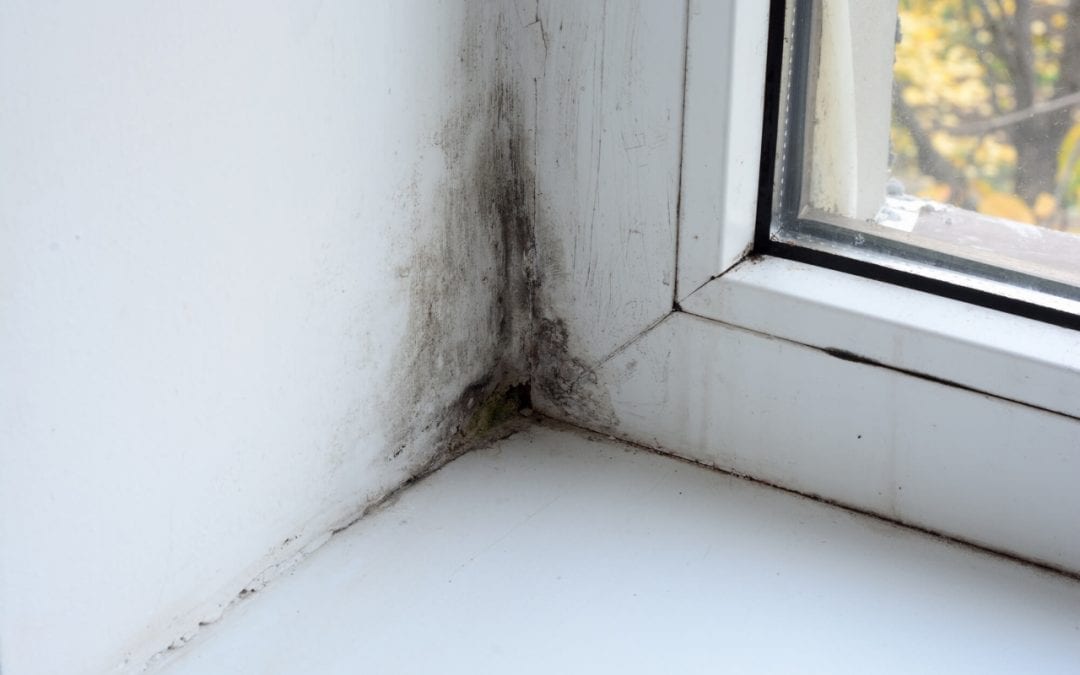Do you think that you may have a mold problem? Whether you own or rent a house, mold in the home can be a dangerous, expensive, and ongoing issue. Learn to spot the signs of mold. Once you know what you are looking for, get a second opinion from an expert. Some home inspectors specialize in mold inspections.
Water Issues Cause Mold in the Home
If your home has had water intrusion issues, you may have a mold problem. If you see brown water stains on your ceilings and walls, they could lead to mold in the home. Water stains do not always mean there’s mold growth, but moist areas create an ideal environment for mold to thrive.
Allergies and Irritation
If you suffer from allergies but notice that your symptoms are more severe at your house, they could be caused by mold in your home. Try to find the source of what could be causing your allergies to act up. Mold can cause allergies and flu-like symptoms.
Musty Smell
Mold has a distinct, musty smell, and this is one of the most obvious signs of mold. In many cases, the only evidence of mold you may notice is a musty smell. Once you recognize this odor, it is best to call an expert to inspect your home.
Recognize Mold Growing in Your Home
A lot of times, mold is mistaken for dirt and people will ignore it for that reason. Mold spreads rapidly, so it’s important to determine whether you have a problem so you can take steps to mitigate the mold.
When you notice signs of mold, it’s possible that mold has spread beyond what’s visible. Even if this is not the case, it proves that conditions in the room are conducive to mold growth.
Flooding Issues
If your home has flooded in the past, it is likely to have hidden mold growth. Flooding causes mold to grow under floorboards and within the walls, especially where the water was standing the longest. It’s best to get your home checked because this type of mold is not always visible.
Condensation Issues
If you live in a humid climate, it is important to reduce humidity indoors to prevent mold. Dehumidifiers vary in size and price. If you notice a lot of condensation on your windows and around pipes, it’s a good sign that you have excess moisture in your home. Running your air conditioning will help to reduce humidity levels in your home.
How to Treat Signs of Mold in the Home
In some cases, you can fix and prevent mold issues yourself. If conditions persist and mold is pervasive, it’s best to call a specialist to evaluate the problem.
Home Support Property Inspections provides inspections to Maryland and DC. Contact us to request an appointment.

